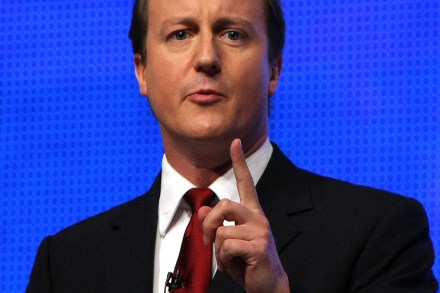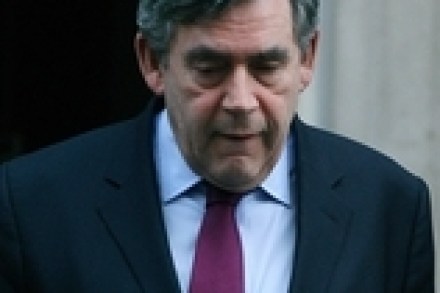Cameron gets all the best dividing lines in PMQs
It’s hang-a-banker season, so David Cameron had an open goal: Sir James Crosby, the former HBOS chief who allegedly sacked a whistle-blower, and who has today resigned his role at the FSA. The Labour whips planted a question with Khalid Mahmood about Crosby, as if to shoot the Tory fox. “They can even plant questions at short notice,” started Cameron, witheringly. Brown kicked it into the long grass, saying an investigation into banking “rejulation” as he pronounced it – after last week’s “rec-depression” there is something of the George W about Brown. He even seemed to struggle over KPMG and later accused the Tories of “setting their faze (sic) against ordinary families”, as well










